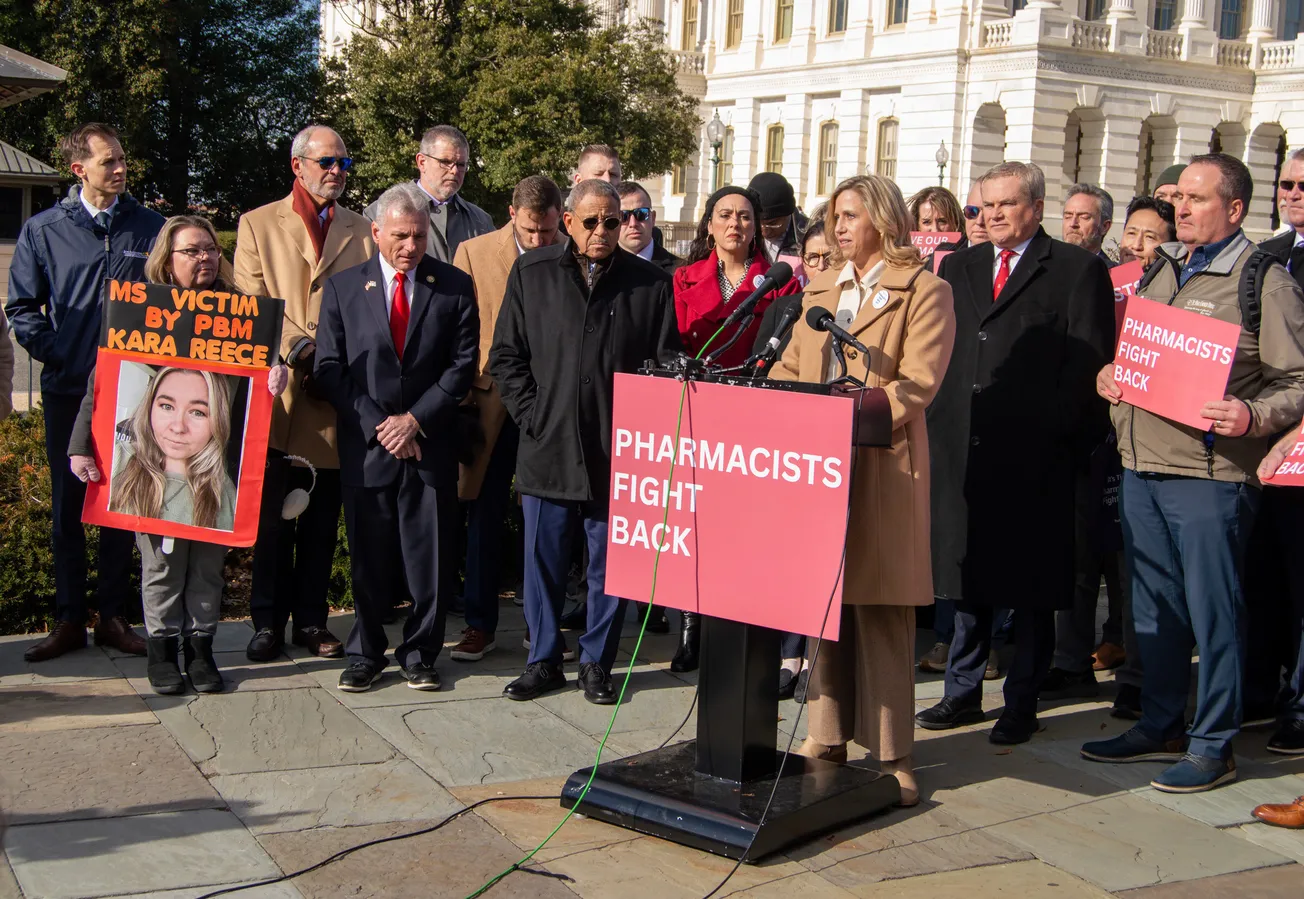PROVIDENCE, R.I. — Today and tomorrow (June 11 and 12), the Warren Alpert Medical School of Brown University and the Cardinal Health Foundation are convening more than 90 faculty members and practitioners from 30 medical schools across the country to begin creating a curriculum that teaches the next generation of physicians core competencies to prevent overprescribing and address prescription drug misuse.

“This symposium convenes some of the premier educators from around the country,” said Dr. Allan Tunkel, associate dean for Medical Education at the Warren Alpert Medical School of Brown University. “Our programs at Brown teach medical students early in their training to avoid overprescribing, to recognize possible addiction and refer patients to treatment, and to provide medication-assisted treatment to those who are addicted have been recognized as innovative and national models. We are excited to share these techniques and to learn about other innovative practices from our colleagues around the country to develop optimal approaches in medical education around this public health emergency.”
“We are proud to partner with the Warren Alpert Medical School and 30 leading medical schools in a first-of-its-kind collaboration to tackle this critical public health issue,” said Jessie Cannon, vice president of community relations at Cardinal Health. “All of the participants share Cardinal Health’s commitment to curbing the opioid epidemic. We expect to hear important insights the medical schools will bring to the table and to help integrate the findings into medical school programs across the country to better equip physicians to address the challenge.”
Symposium participants will share existing best practices and hear from leading public health experts working at the forefront of the opioid crisis, including former United States Surgeon General Dr. Vivek Murthy. They will work in facilitated breakout sessions that focus on three core elements: safe opioid prescribing, strategies to best engage multidisciplinary teams to better manage pain and treat opioid misuse, and how to meet the Drug Addiction Treatment Act (DATA) waiver requirements that are necessary for physicians to prescribe buprenorphine, a drug used to treat opioid dependence. These collaborative sessions will help create an undergraduate medical education curriculum that trains future doctors how to prevent and treat prescription drug misuse, which will save lives and improve health outcomes across the country.
“The work accomplished at this symposium will lay a solid framework around important issues related to opioid prescribing in medical education,” Tunkel said. “We look forward to seeing the participants continue to work together over the coming months to develop and implement specific recommendations informed by the sessions.”
The Warren Alpert Medical School’s opioid education and practitioner training curriculum is one of the most advanced in the country. Its curriculum around pain management covers the physiology of pain, the pharmacology of opioids and field work involving opioids and their misuse. In addition, the Warren Alpert Medical School is the first school in the country to have its curriculum approved by a state medical board as sufficient to warrant a DATA waiver.
“We approach opioid use disorder as we do any chronic illness,” Tunkel said. “People who suffer from a chronic disease need help from their physicians, and we are committed to training tomorrow’s doctors on safe and effective approaches to doing just that.”
Cannon stated, “On behalf of the Cardinal Health Foundation and Cardinal Health, I thank all of the participants for lending their expertise and commitment to changing pain management and prescribing practices.”







